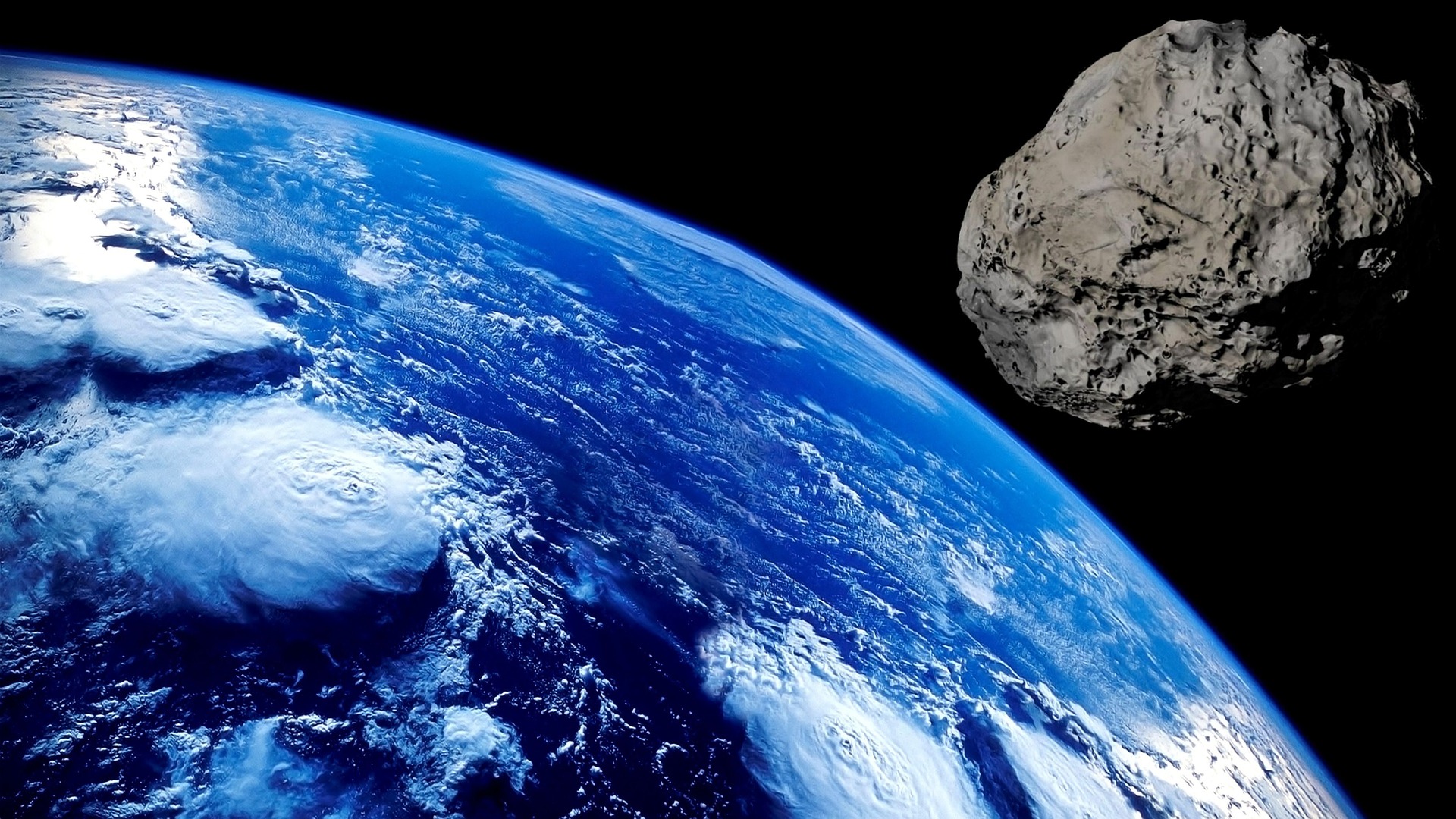Asteroid collisions with Earth are highly unlikely to happen, with a one in what may be over 100,000 chance that it does. However, asteroids passing by the planet are a common occurrence, but some space rocks have been found to pass by a little too closely with the planet, like the asteroid that passed by over the weekend.
NASA scientists were surprised to find that one particular asteroid, named 2020 QG, passed by Earth over the weekend and got as close as a little less than 2,000 miles from the planet. QG is now the closest passing asteroid that astronomers know of so far, but it was not until after it passed by that scientists were aware of its presence. According to NASA’s Center for Near-Earth Object Studies director Paul Chodas, they did not see it coming.
“Yesterday’s close approach is closest on record, if you discount a few known asteroids that have actually impacted our planet,” said Chodas.
It should be noted that asteroid 2020 QG was at a distance much closer to the Earth than the Moon, which averages at 238,855 miles away. From a closer perspective, the distance between Gibraltar and London is 1,756 miles.
However, because 2020 QG is relatively small at 20 feet in diameter, it would not pose a global threat. It would still pack a punch as it is the same size as the meteor that crashed onto Chelyabinsk, Russia, back in 2013. Nevertheless, space agencies like NASA continue to keep an eye on what is happening outside Earth to spot potential planetary threats.
In other news, NASA’s Solar Dynamics Observatory captured a solar flare ejecting from the Sun’s surface. The observatory was able to record 2.5 hours worth of footage, showing how the surface of the sun appears to be bubbling before it produces a flare.
According to experts, the flare is a result of the build-up of magnetic filaments from the Sun’s core. Space Weather revealed that whether or not the solar flare would reach Earth remains to be seen, and thus there is a chance that it may hit the planet’s magnetic field or it may miss Earth entirely.



 NASA Resumes Cygnus XL Cargo Docking with Space Station After Software Fix
NASA Resumes Cygnus XL Cargo Docking with Space Station After Software Fix  FDA Pilot Program Eases Rules for Nicotine Pouch Makers
FDA Pilot Program Eases Rules for Nicotine Pouch Makers  SpaceX Prioritizes Moon Mission Before Mars as Starship Development Accelerates
SpaceX Prioritizes Moon Mission Before Mars as Starship Development Accelerates  Is space worth the cost? Accounting experts say its value can’t be found in spreadsheets
Is space worth the cost? Accounting experts say its value can’t be found in spreadsheets  SpaceX Pivots Toward Moon City as Musk Reframes Long-Term Space Vision
SpaceX Pivots Toward Moon City as Musk Reframes Long-Term Space Vision  CDC Vaccine Review Sparks Controversy Over Thimerosal Study Citation
CDC Vaccine Review Sparks Controversy Over Thimerosal Study Citation  Lost in space: MethaneSat failed just as NZ was to take over mission control – here’s what we need to know now
Lost in space: MethaneSat failed just as NZ was to take over mission control – here’s what we need to know now  Trump Signs Executive Order to Boost AI Research in Childhood Cancer
Trump Signs Executive Order to Boost AI Research in Childhood Cancer  Astronomers have discovered another puzzling interstellar object − this third one is big, bright and fast
Astronomers have discovered another puzzling interstellar object − this third one is big, bright and fast  Neuralink Plans High-Volume Brain Implant Production and Fully Automated Surgery by 2026
Neuralink Plans High-Volume Brain Implant Production and Fully Automated Surgery by 2026  Trump Administration to Launch Autism Initiatives Targeting Acetaminophen Use and New Treatment Options
Trump Administration to Launch Autism Initiatives Targeting Acetaminophen Use and New Treatment Options  Eli Lilly’s Inluriyo Gains FDA Approval for Advanced Breast Cancer Treatment
Eli Lilly’s Inluriyo Gains FDA Approval for Advanced Breast Cancer Treatment 































